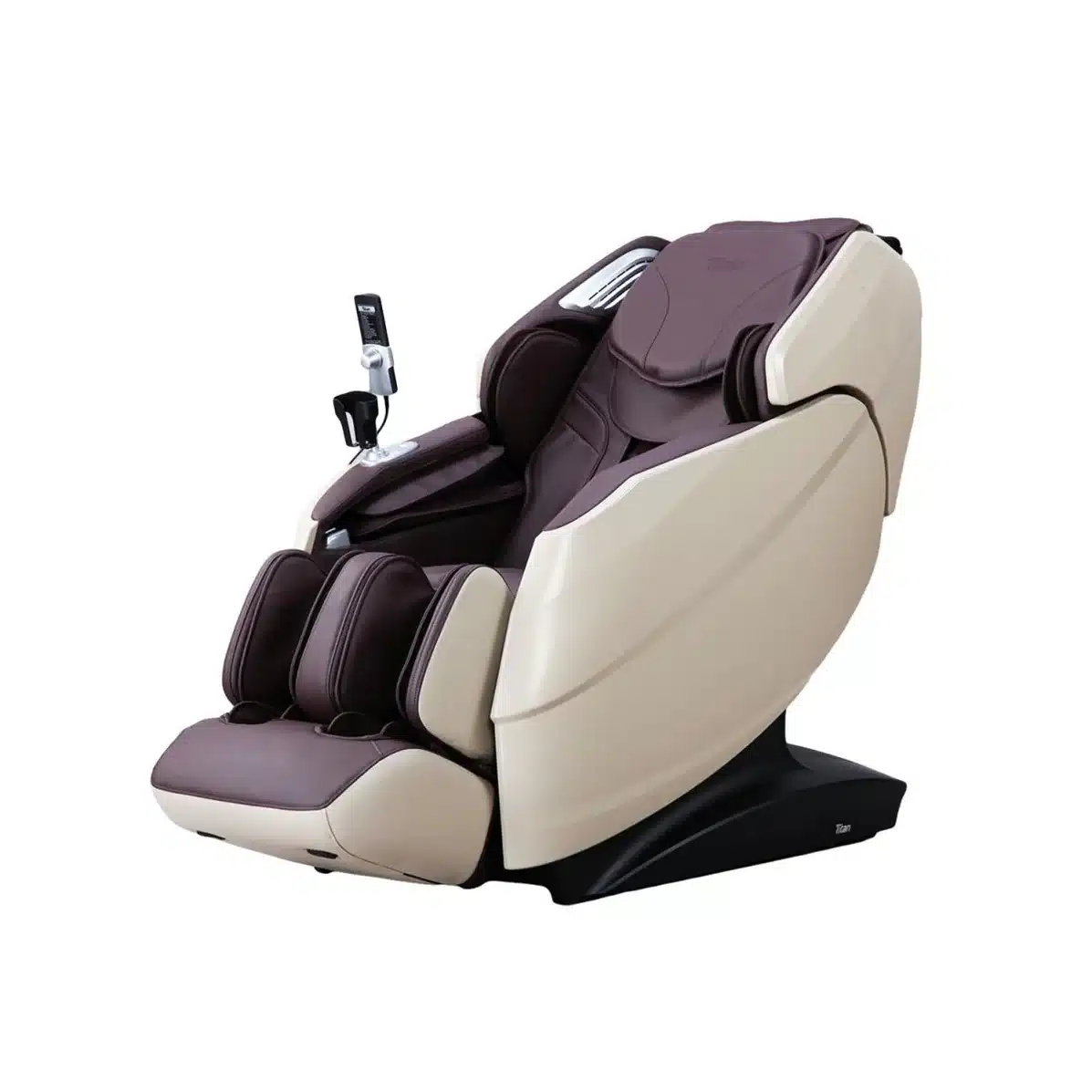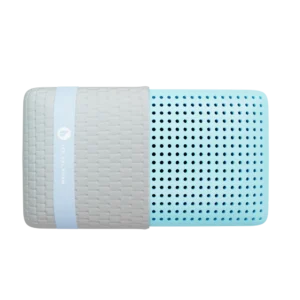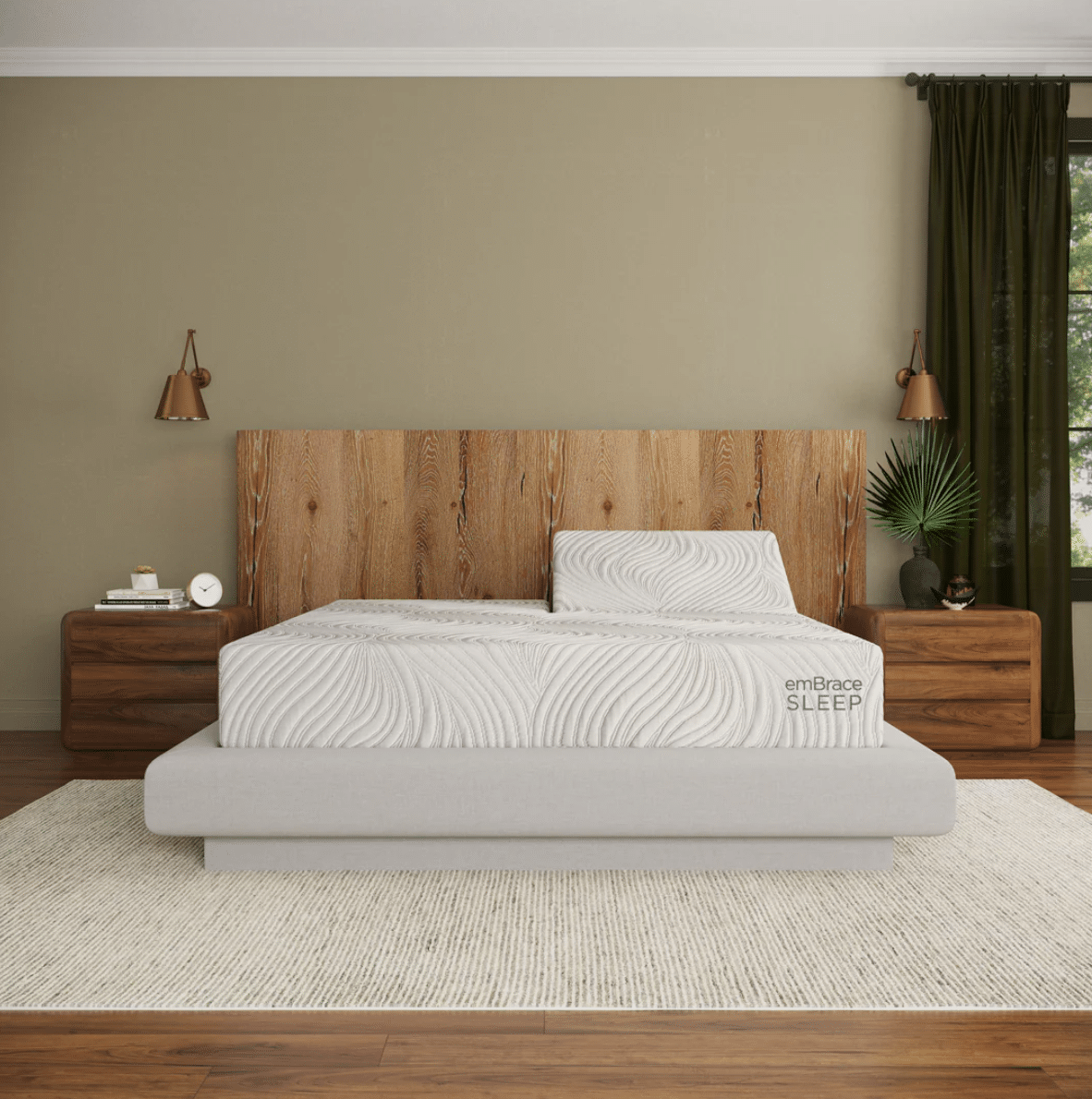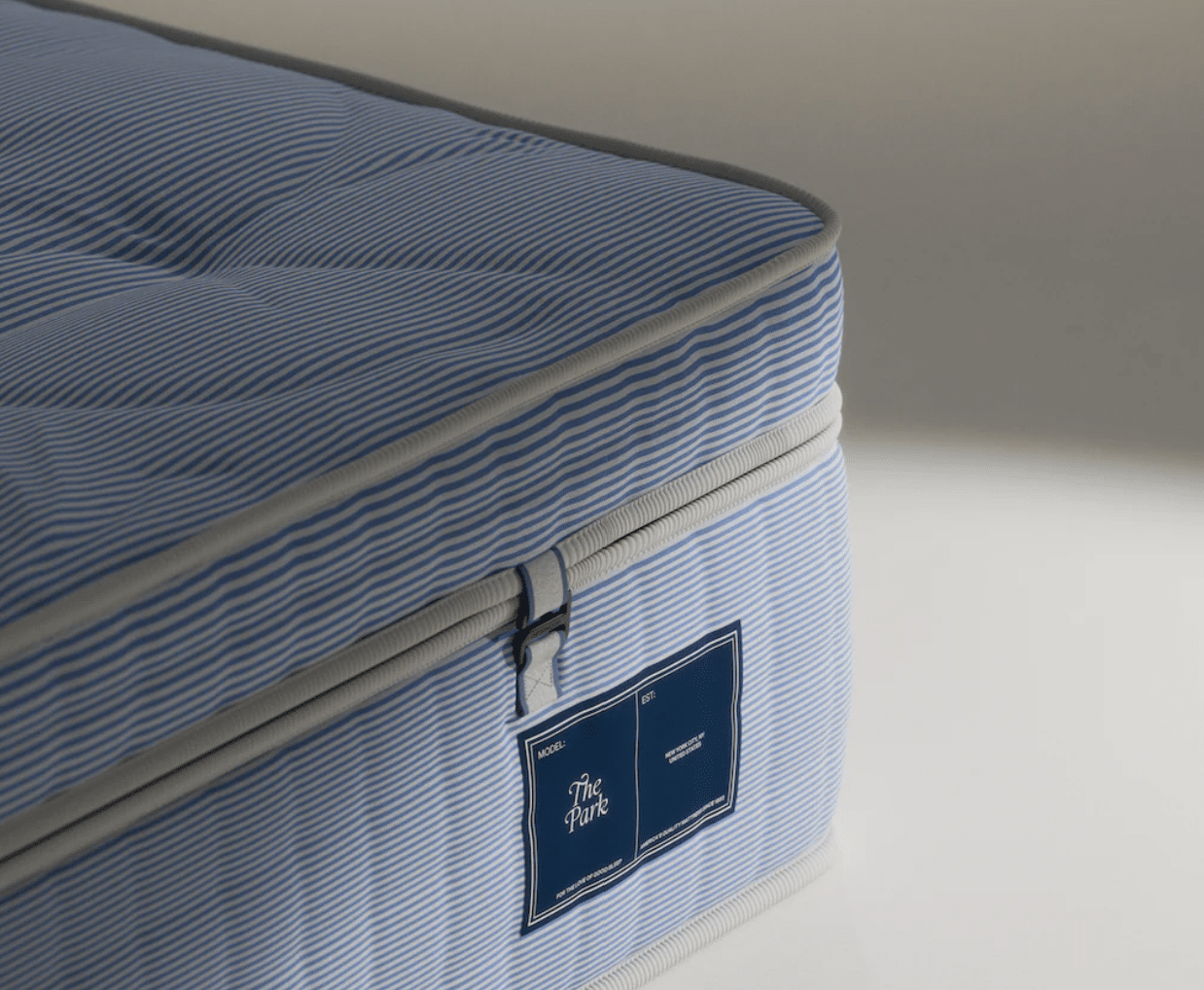How to Improve Sleep Quality in a Hospital in X Simple Steps
Finding a good night’s sleep in a hospital can feel like a daunting task. However, quality sleep is essential for your recovery and emotional well-being. In this guide, we’ll explore effective strategies that can help you sleep better during your hospital stay.
Understanding the Challenges of Sleeping in a Hospital
Noise Disruptions
Hospital environments are notoriously noisy. Machines beep, staff engage in conversations, and other patients may not respect quiet hours. A 2021 study highlighted that not only do the sounds disturb sleep, but they often lead to extended sleep deficits for both children and adults. In hospitals, patients may wake three times more frequently than at home.
Bright Lighting
The bright lights in hospitals serve important medical functions, but they can also hinder your ability to sleep. Many hospital rooms lack blackout curtains, and studies indicate that patients can awaken nearly 44 minutes earlier due to excessive light.
Nighttime Interruptions
Frequent interruptions from medical staff for medications, vital sign checks, and procedures are standard in hospitals. If you’re finding these disruptions excessive, discuss with your healthcare provider the possibility of reducing non-essential nighttime tasks.
Anxiety and Stress
The hospital can be a significant source of anxiety. Concerns about health, family, or upcoming procedures can keep your mind racing at night. According to Dr. Prabath Nanayakkara, many patients find themselves unable to sleep due to worries that extend beyond their immediate surroundings.
Pain Management
For many patients, pain is a major barrier to restful sleep. Taking pain relief before bed can preemptively address discomfort. Talk to your healthcare team about adjusting your pain management routine for optimal rest.
X Simple Steps to Improve Sleep Quality
1. Create a Comfortable Environment
It’s important to personalize your space. Consider bringing familiar comfort items from home, like a pillow, bathrobe, and soft blankets. These items can help make hospital beds feel less sterile.
2. Control Room Temperature
Adjusting the room temperature can drastically improve your comfort. Hospitals typically keep rooms cool, but you can request a thermostat adjustment to meet your needs. The optimal room temperature for sleep hovers between 60-67°F, a range where your body is more likely to fall into a deep sleep.
3. Use Earplugs and Eye Masks
Noise-canceling earplugs can significantly reduce the auditory disturbances common in hospitals. Coupled with an eye mask, these tools can block out light and sound, helping you create a sleep-conducive atmosphere.
4. Optimize Your Daytime Routine
Maximize your exposure to natural light during the day. Open your window shades to help regulate your body’s internal clock. Light physical activities such as walking or gentle stretching can also boost your daytime energy levels, making you more ready for sleep at night. If necessary, limit naps to no longer than 30 minutes and avoid them late in the day.
5. Develop a Relaxing Bedtime Routine
A calming pre-sleep ritual can signal to your body that it’s time to wind down. Consider incorporating deep breathing exercises, meditation, or light reading into your nightly routine to help you relax.
6. Manage Stimulant Intake
Avoid caffeine and nicotine in the hours leading up to bedtime. Caffeine can linger in your system for up to eight hours, making it more difficult to fall asleep. Instead, switch to herbal teas that have soothing qualities, such as chamomile or peppermint.
7. Communicate with Your Care Team
Don’t hesitate to communicate your needs to your healthcare providers. They may be able to adjust the timing of your medications or other treatments to minimize nighttime disruptions.
8. Consider Relaxing Music
Listening to calming music can help alleviate anxiety and prepare your mind for sleep. Many hospitals provide options for soothing sounds—just make sure to use headphones if you’re sharing a room.
9. Limit Food and Drink Before Bedtime
Avoid heavy meals and excessive fluid intake close to bedtime. Ideally, aim to finish eating at least three hours before sleep to prevent discomfort from digestion.
10. Explore Medication Options
If you struggle with sleep despite using these tips, discuss potential sleep aids with your physician. They can help ensure your medications promote restful sleep without excessive daytime drowsiness.
Conclusion
Improving sleep quality in a hospital setting involves understanding the unique challenges and taking proactive steps. By implementing these simple techniques, you not only enhance your recovery but also make your hospital experience more comfortable. At Yawnder, we believe that quality sleep is essential to healing, and we offer tailored solutions to help you achieve that, both at home and in a hospital. If you’re interested in finding the right sleep solutions, check out our selections and let us assist you in getting the rest you deserve. Sleep well, heal fast, and stay strong.



















